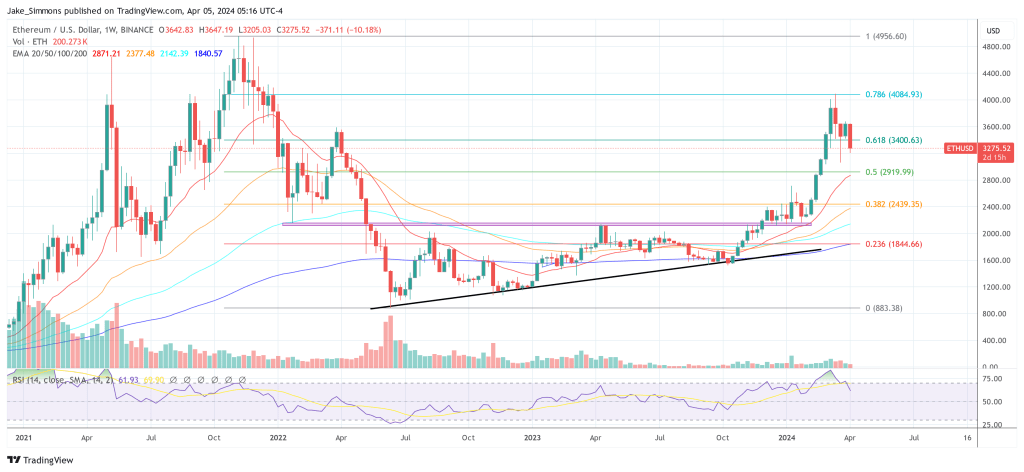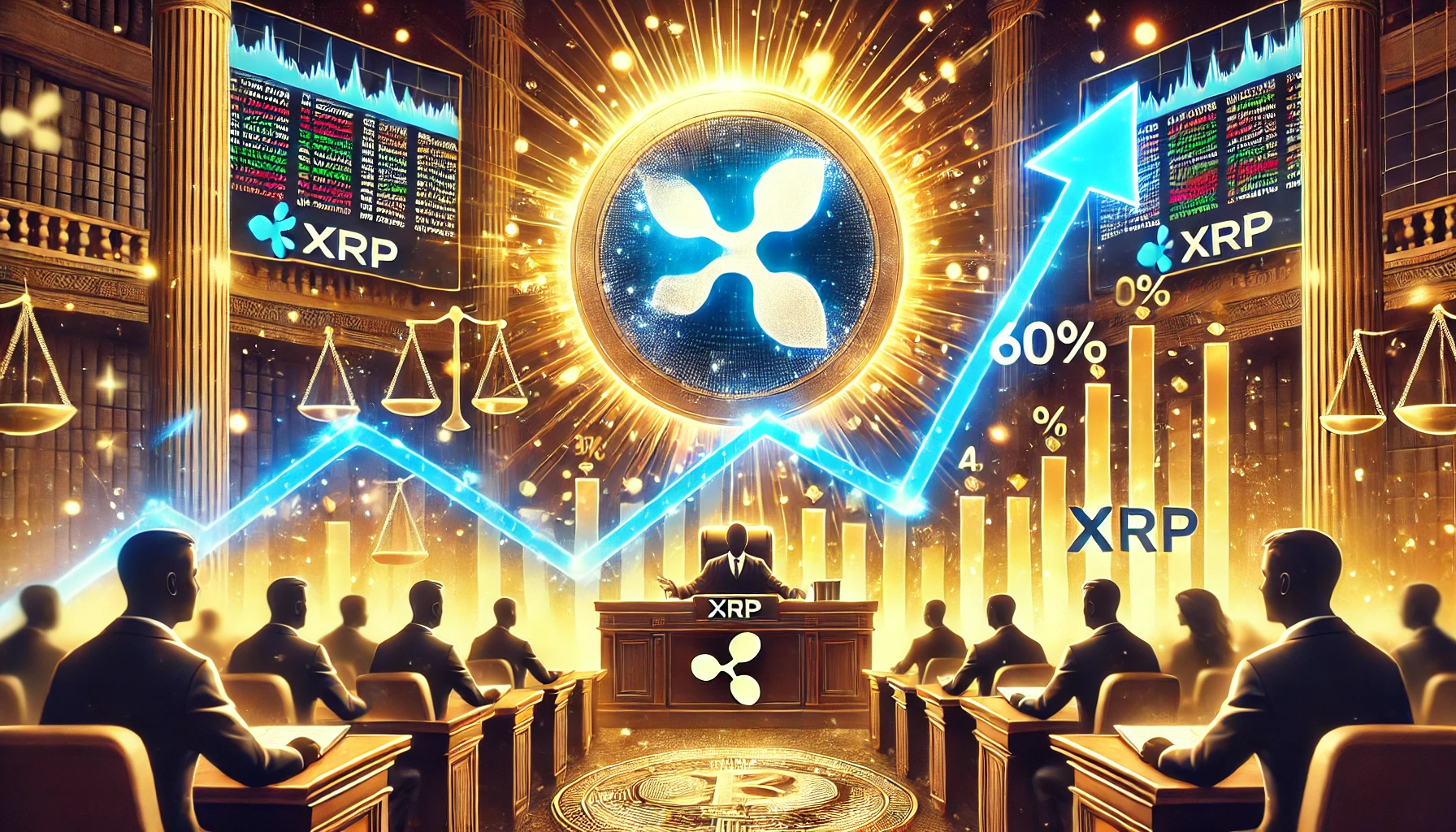ARTICLE AD BOX
In a recent analysis, JP Morgan’s Global Markets Strategy team has shed light on key developments within the Ethereum network that could significantly influence its classification under securities law. The report comes at a critical juncture for ETH, as the Swiss-based foundation is under investigation by the US Securities and Exchange Commission (SEC).
Why Ethereum Is Not A Security
JP Morgan highlights the continued decrease in Lido’s share of staked ETH, which has fallen from about one-third a year ago to roughly a quarter currently. This shift towards a more decentralized staking ecosystem could alleviate regulatory concerns regarding centralization within the Ethereum network.
“Positive for the ethereum network, the share of Lido in staked ETH has decreased further from around one third a year ago to around a quarter at the moment. This should reduce concerns about concentration in the Ethereum network, thus raising the chance that Ethereum will avoid being designated as security in the future,” the report states.
The analysts also reference the so-called “Hinman documents,” released last June, which have played a pivotal role in shaping the SEC’s stance on digital tokens. According to these documents, the degree of network decentralization is crucial, as tokens on a sufficiently decentralized network may not be classified as securities.
It read:
In particular SEC officials had acknowledged in the past that tokens on a sufficiently decentralized network are no longer securities because there is no “controlling group” in the Howey test.
Community Perspectives On DecentralizationThe Ethereum community has reacted positively to these developments. Anthony Sassano, founder of The Daily Gwei and co-founder of EthHub, commented on the decreasing dominance of Lido, attributing it to increased competition in the staking space. This, according to Sassano, is a step towards a more decentralized and healthy ETH staking ecosystem.
“I’ve been saying for a long time that the best way to stop Lido from growing and reducing its market share is to increase competition in the staking space which we have now done! The Ethereum staking ecosystem has never been healthier,” Sassano remarked.
However, opinions on the current crop of restaking projects remain mixed, with some users questioning if restaking projects “are better.” In response, Sassano argued, “The debate is only able to be had once we have a vibrant free market of Ethereum staking projects – not a handful that dominate most of the market share.”
Seraphim, head of growth at Ethena Labs, offered a pragmatic take on the situation, suggesting that offering better yields is a more effective strategy than criticism, stating: “Turns out providing more yield is better business strategy than whining like Rocketpool trolls Happy for LRT projects even tho I am Lido-biased. This accelerates the space into something new and exciting.”
More Positives For EthereumJP Morgan also highlighted the significance of the Dencun upgrade in their report, which is a major technological advancement since the previous Shanghai upgrade. By introducing blobs and cryptographic schemes such as the KZG commitment scheme, the Dencun upgrade has “significantly reduced the transaction costs on Ethereum layer 2,” according to the report.
Looking ahead, the anticipated Petra upgrade is expected to introduce Verkle trees, facilitating efficient data storage and further bolstering Ethereum’s scalability and efficiency. The report optimistically notes, “Petra… would introduce features like Verkle trees for efficient data storage which aim at simplifying block verification by pruning historical blocks older than one year, thus conserving storage and bandwidth.”
At press time, ETH traded at $3,275.

.png)
 9 months ago
5
9 months ago
5








 English (US)
English (US)